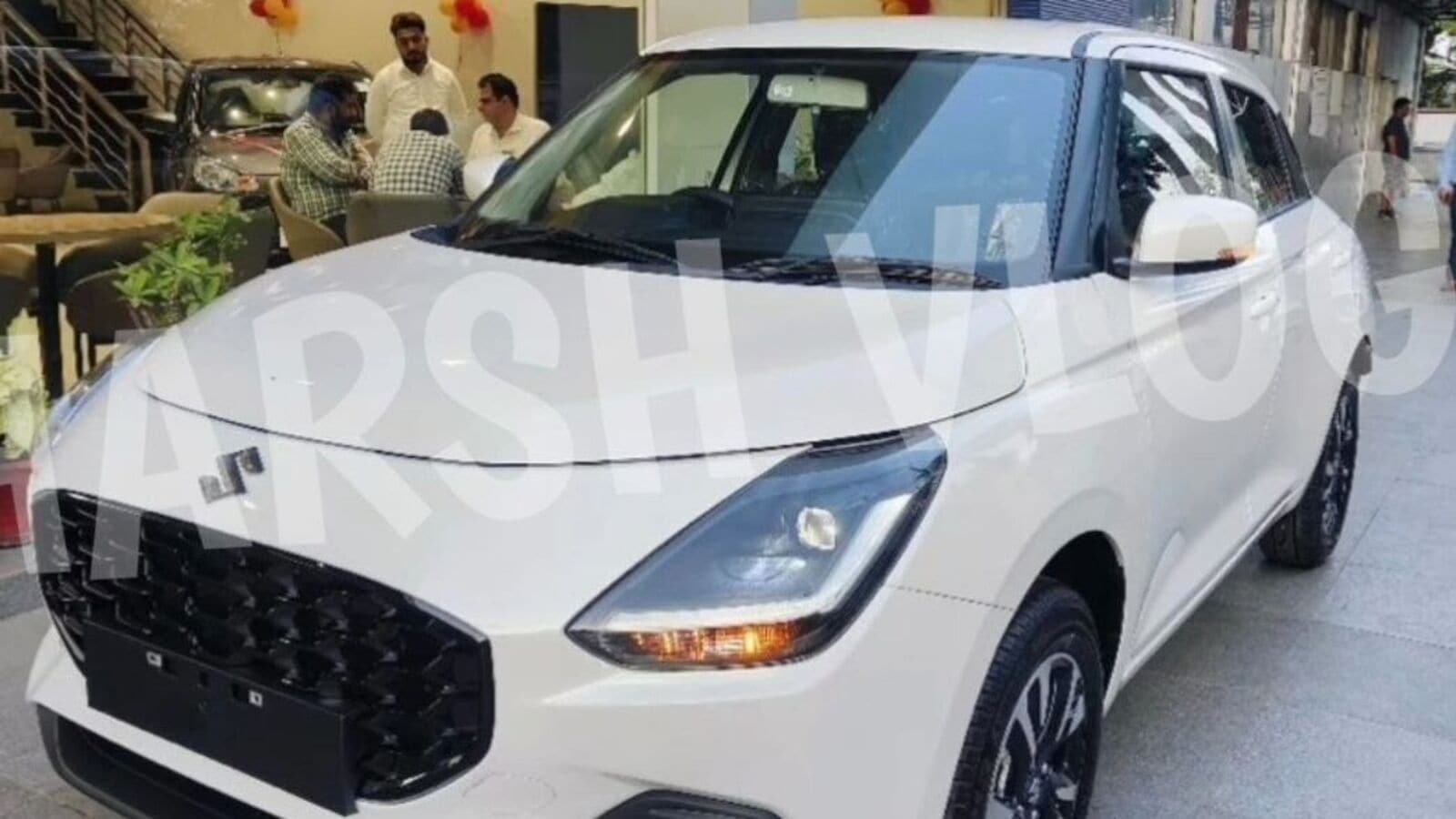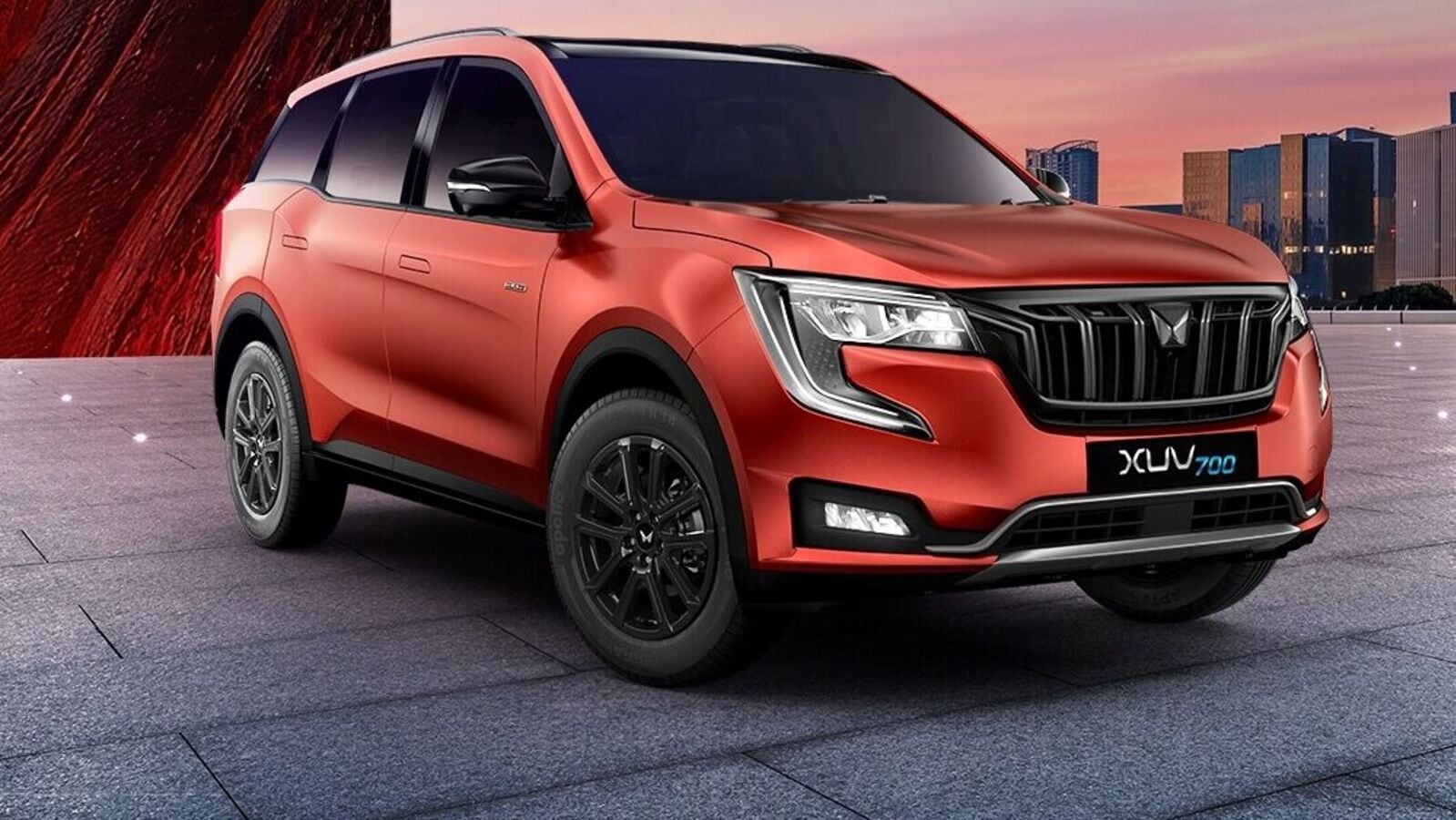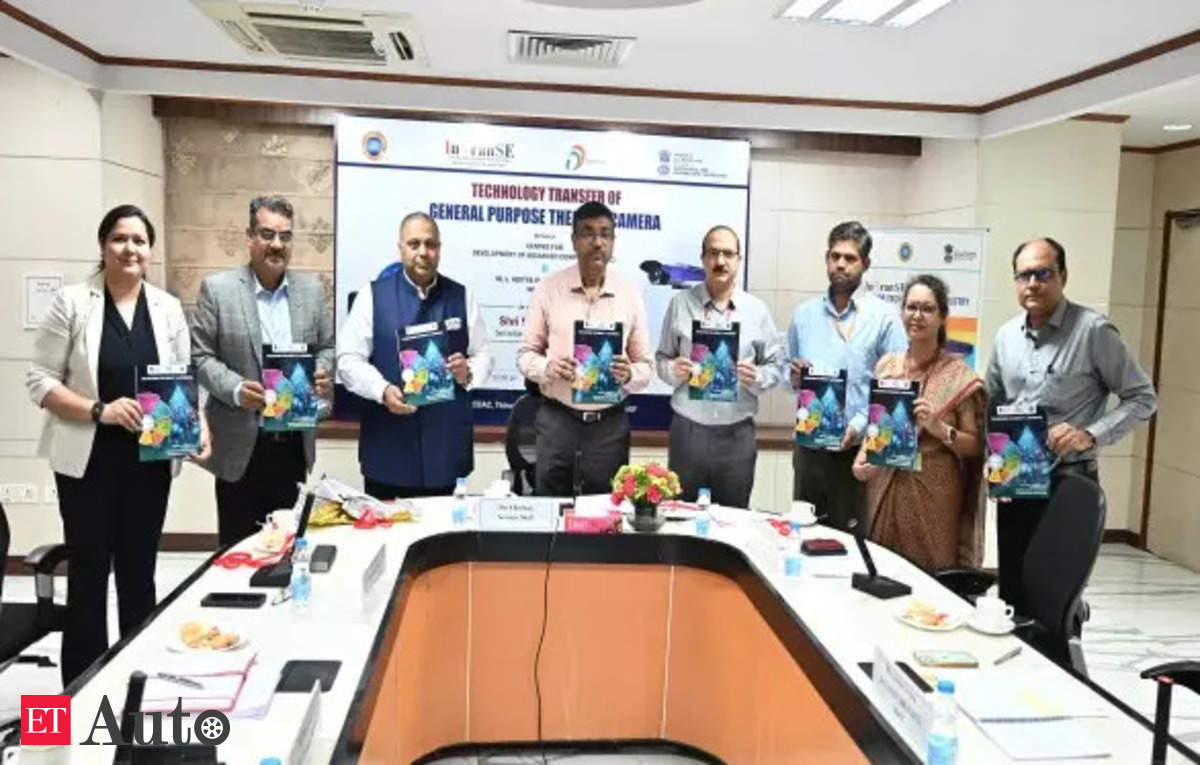After a year of pent-up demand and record volumes, India’s passenger vehicle sales growth is likely to moderate in the calendar year 2024 and financial year 2024-2025. A high-volume base along with weakness in the demand for small cars, and higher borrowing costs are expected to reduce the pace of growth in 2024.
The domestic passenger vehicle industry sales recorded a growth of 8.3 percent year-on-year to 4.11 million units during the calendar year 2023. Buoyed demand for sports utility vehicles (SUV), new vehicle launches, and the easing of semiconductor supply helped the industry cross four million units in annual sales for the first time.
India’s second largest car maker Hyundai Motor India expects industry growth to be around three or four percent in the calendar year 2024 while the largest passenger vehicle maker Maruti Suzuki is projecting a muted growth during the financial year 2024-2025. In 2022-23, the passenger vehicle industry registered a growth of 27 percent on year to 3.89 million units.
“Pending bookings have reduced. The sort of pent demand fulfilment that we had seen will not be there because waiting periods have disappeared for most of the models,” Maruti Suzuki India Senior Executive Officer (Marketing and Sales) Shashank Srivastava told reporters. Hyundai Motor India’s Chief Operating Officer Tarun Garg has also said the pent-up demand has gone and now it is all about fresh bookings.
The semiconductor supply constraint has gradually eased in 2023, and demand-supply dynamics have improved with higher production. Channel stock as of January 1, 2024 is at 1,76,500 units, compared to 1,10,900 units in the year-ago period, Srivastava said.
Meanwhile, the cost of borrowing remains at elevated levels as the Reserve Bank of India has kept the repo rate — the rate of interest at which the RBI lends money to commercial banks — unchanged for a while. Interest rates on loans are governed by the central bank’s repo rate, which is at 6.5 percent.
Unlike home loan rates, over 98 percent of car loans are of fixed interest rates. “So, the transfer of repo rate changes to retail loans happens with a lag of time. So far 130 basis points have crept in, and another 120 basis points can be expected if there are no rate cuts next year,” Srivastava said.
Maruti Suzuki’s Chairman RC Bhargava also recently said India’s passenger vehicle industry’s growth rate is likely to be stagnant or flat in 2024-2025 due to the continued sluggish performance of the small car segment.
However, the companies noted that they are not worried because of the moderation in growth rate because the base volume in 2023 was very huge. “In 2024, we are not expecting any decline in volume. Three or four percent growth from 2023 is good and robust because we have a very high base,” Garg added.



